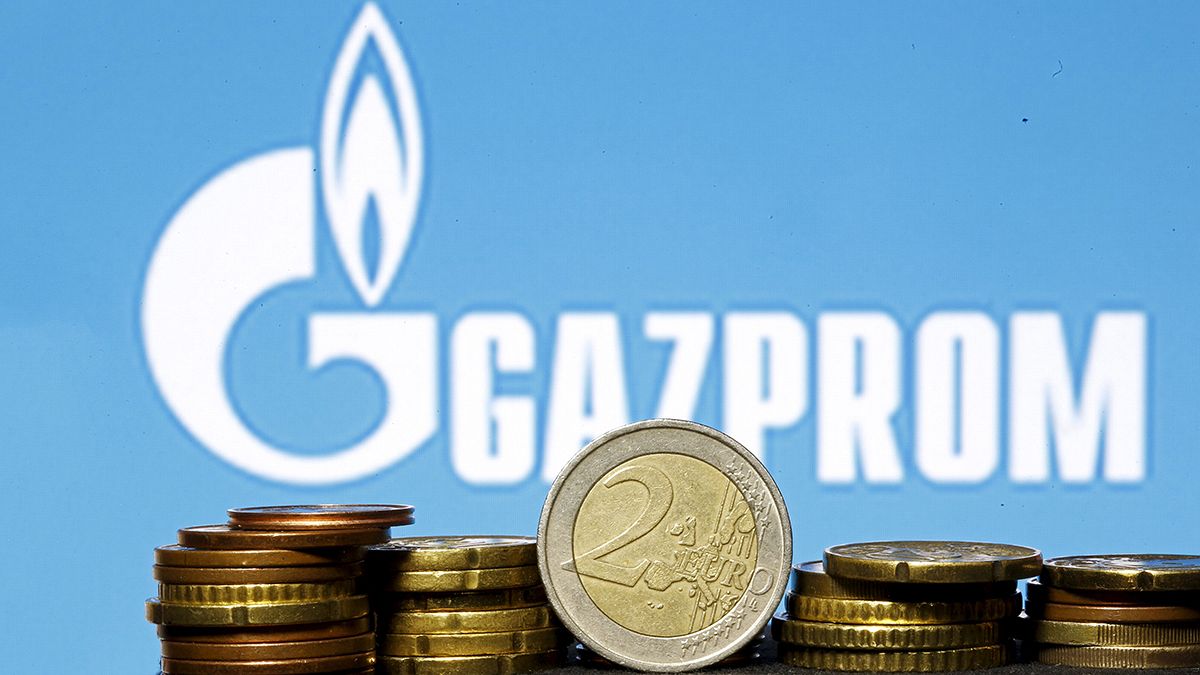European regulators will formally charge Russia’s state-run energy giant Gazprom with anti-competitive practices, say sources in Brussels.
European regulators will formally charge Russia’s state-run energy giant Gazprom with anti-competitive practices, say sources in Brussels.
EU competition commissioner Margrethe Vestager is expected to issue a statement of objections on Wednesday (April 22), accusing the company of unfair practices in eastern and central European countries, including Poland, Hungary, Bulgaria and the Czech Republic.
It’s a move that will increase tensions between Europe and Moscow, says Marat Terterov, chair of the Brussels Energy Club.
“There is a strong view inside Russia, in particular inside the Russian energy establishment – Gazprom and the energy ministry – that this is highly politically motivated case,” he told euronews. “I am not so convinced. I would say to you that the jury is still out whether this a political case or whether this is really the European institutions trying to enforce the rule of law.”
When the investigation began almost three years ago, Gazprom was suspected of applying pricing policies that differentiate between customers, closing its pipelines and infrastructure to other suppliers and prohibiting customers from reexporting gas to other countries.
Under Verstager’s predecessor, the EU was accused of dragging its feet for fear of Russian retribution but barely six months into the job, Verstager seems determined to challenge big corporate power. The Gazprom charges come one week after the commission filed an antitrust suit against American technology giant Google.
The EU is Gazprom’s most lucrative market and the company supplies over a third of the region’s natural gas, with some countries depending entirely on shipments from the Russian company.
Verstager has the power to order a change in how the company does business, including forcing it to be more transparent, and could also levy a multi-million euro fine of up to 10% of its annual global turnover.
Although Gazprom would still have the option of settling the case, even after charges are filed, analysts say that Moscow is unlikely to agree to any compromise given the existing political tensions over Ukraine and Western sanctions against Russia.
